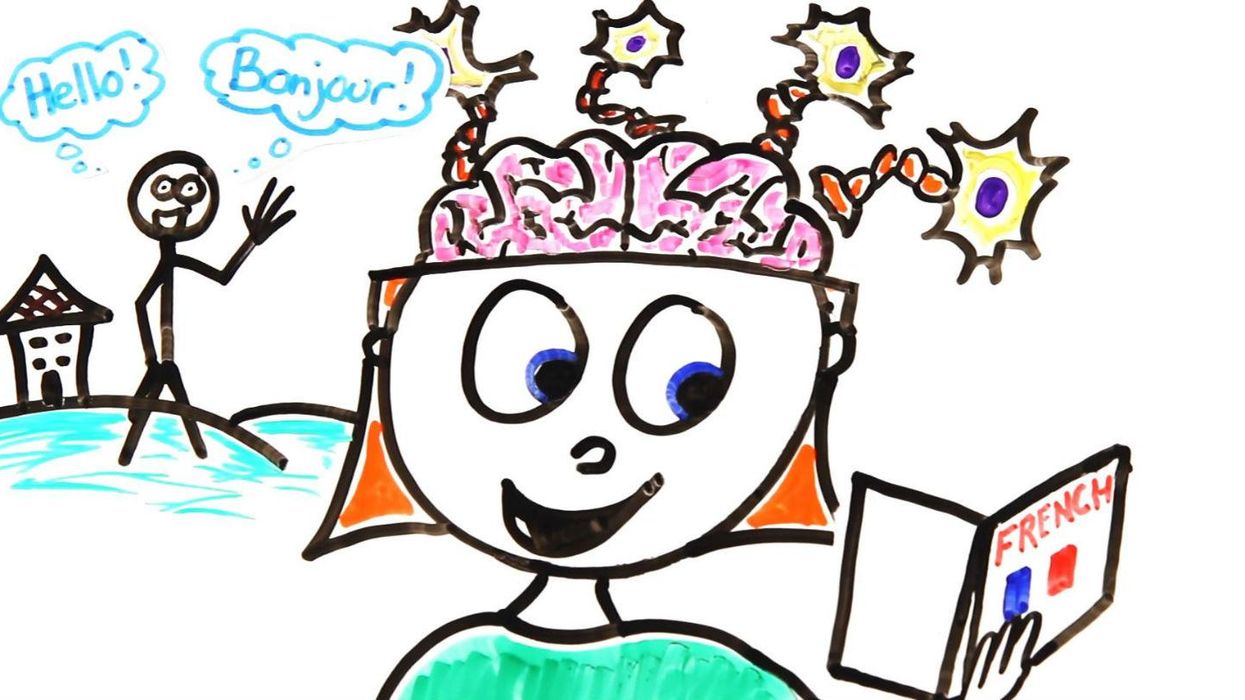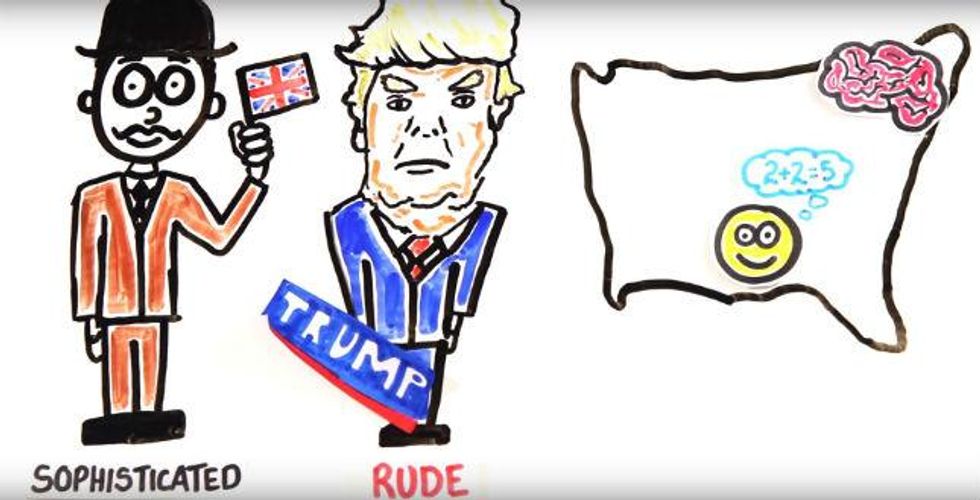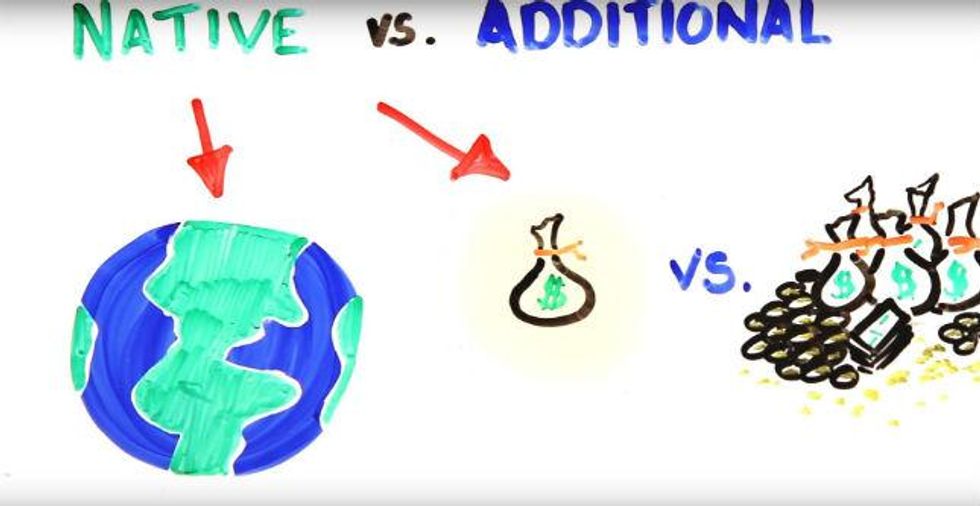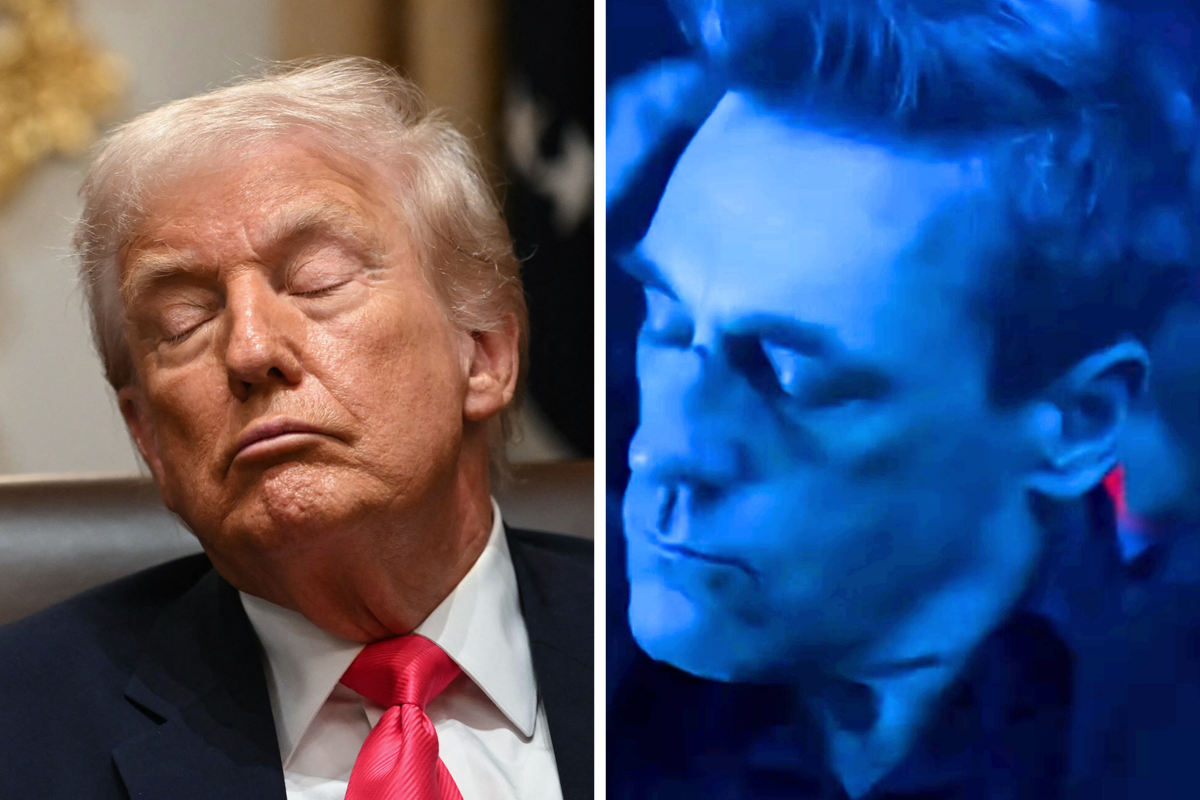News
Narjas Zatat
Jul 21, 2016

Picture: Asapscience/YouTube/screengrab
Throughout history accents have been used as a way to judge a whole host of characteristics about a person: from what part of the world, or even country they grew up in, to their social standing and level of education.
One survey showed that 47 per cent of Americans believe that the British accent sounds the most sophisticated, 51 per cent think New York accents are rude and southern accents, as slightly uneducated, according to YouTube channel Asapscience.
Picture: Asapscience/YouTube/screengrab
A different survey of British business directors in the book That’s not English: Britishisms, Americanisms and What Our English Says About Us found that 47 per cent of them considered business executives with American accents to be more successful than the British ones.
If that's contrary enough, a YouGov poll of 2,000 people found that the top three most attractive accents in the UK belonged to the Irish, followed closely by Received Pronunciation (or the Queen’s English) and Welsh.
So what does this all mean?
The video outlines two types of accents: native and non-native.
English native language accents depend on factors like geographical location and socio-economic status.
After the age of 12 the length of residence [in a non-native country] has almost no affect on your accent.
This means that if you move to France in your 20s and stay there for fifteen years, you will most likely still be speaking French with an English accent.
The video also identifies an extremely narrow time frame – between 0 and 12 months – where babies who are exposed to multiple languages learn how to hear the subtle difference in accents.
The caveat to all this, according to the British Council, is that most people actually judge others not on the accent, but rather on what is said, and more importantly how they say it.
You can watch entire video, below:
More: A map of the world according to what languages we want to learn
More: Here are 30 of the most bizarre phrases in the English language and what they actually mean
Top 100
The Conversation (0)















Donald Trump explodes at 'obnoxious' reporter